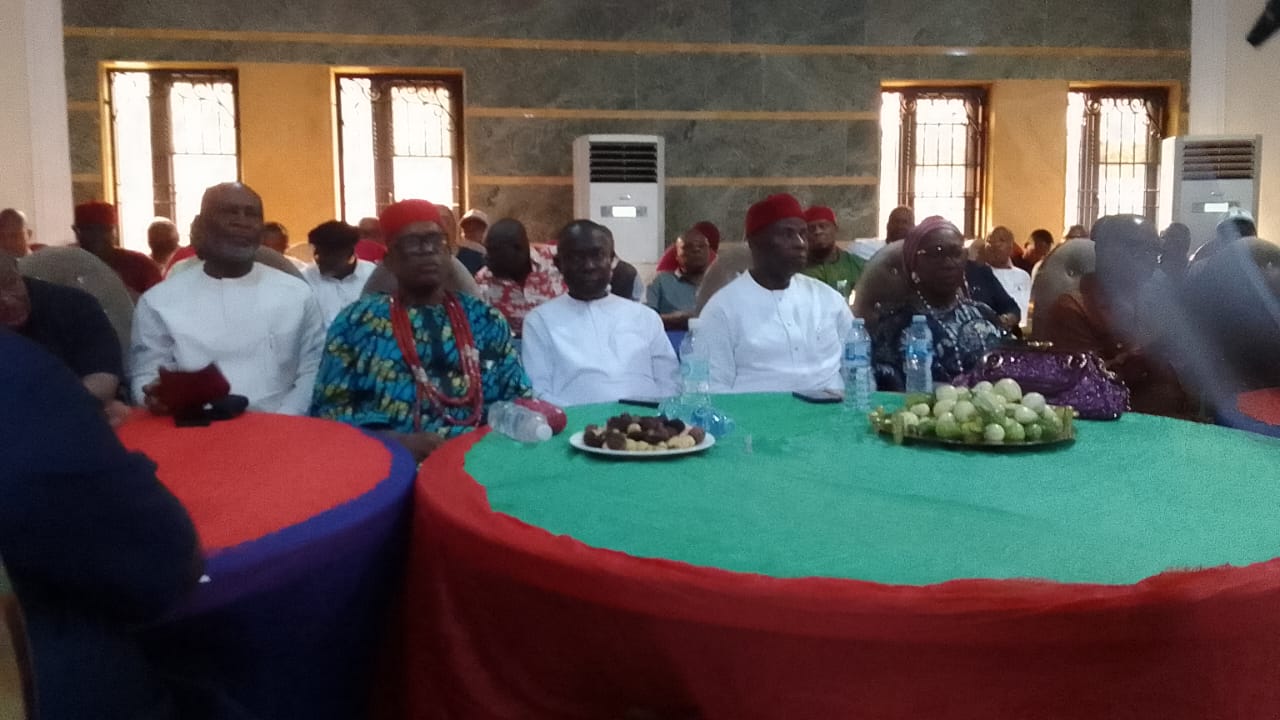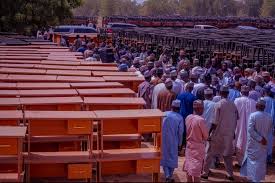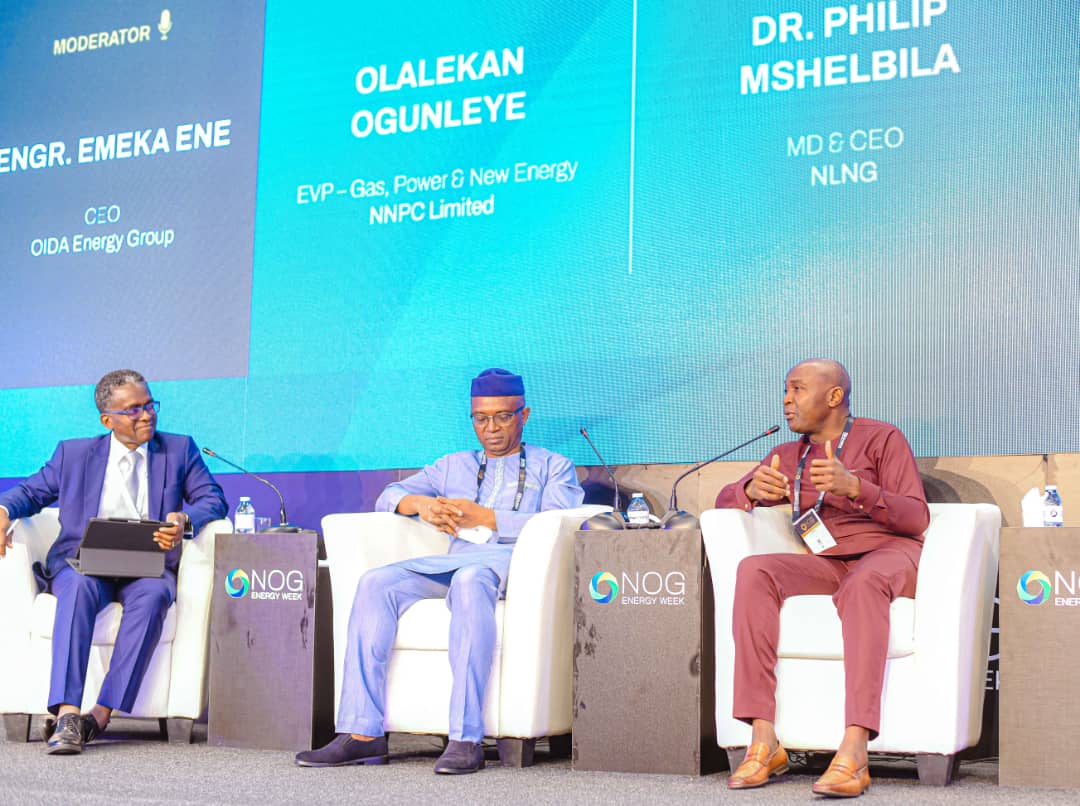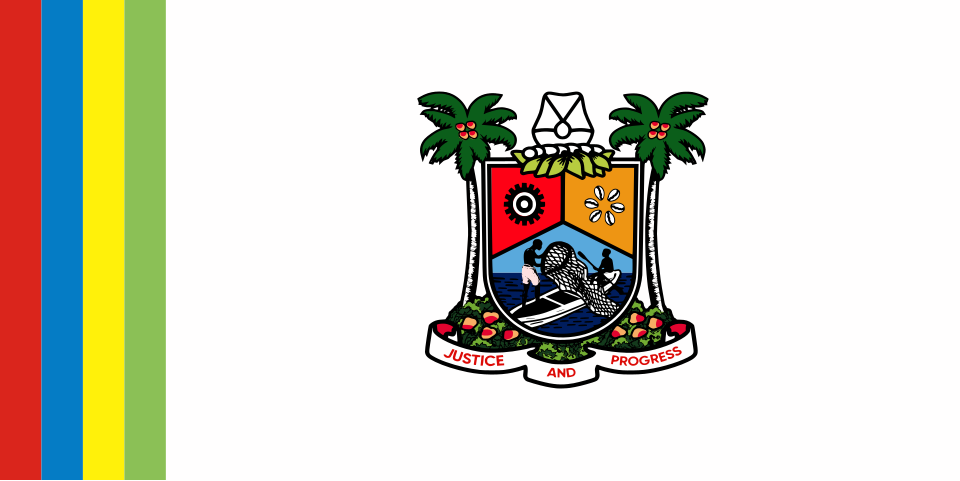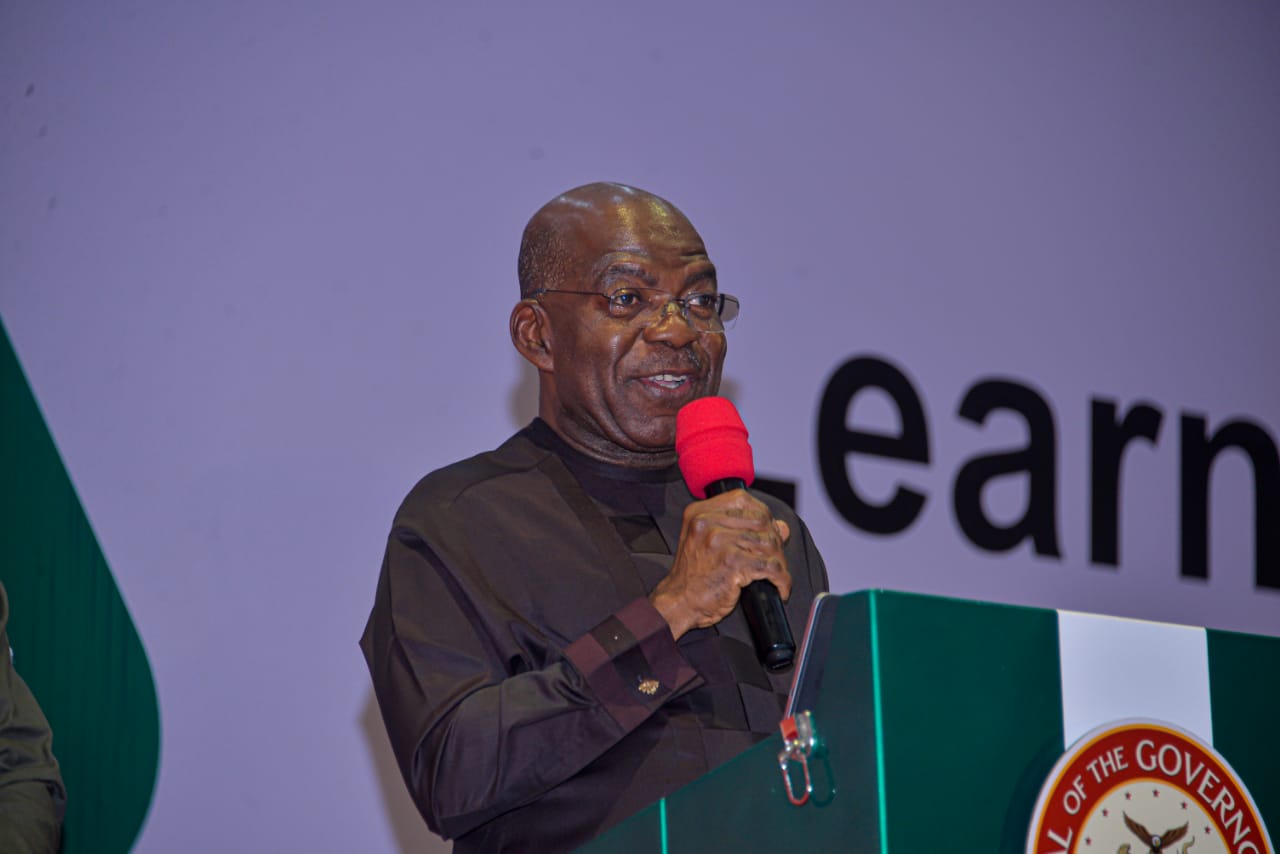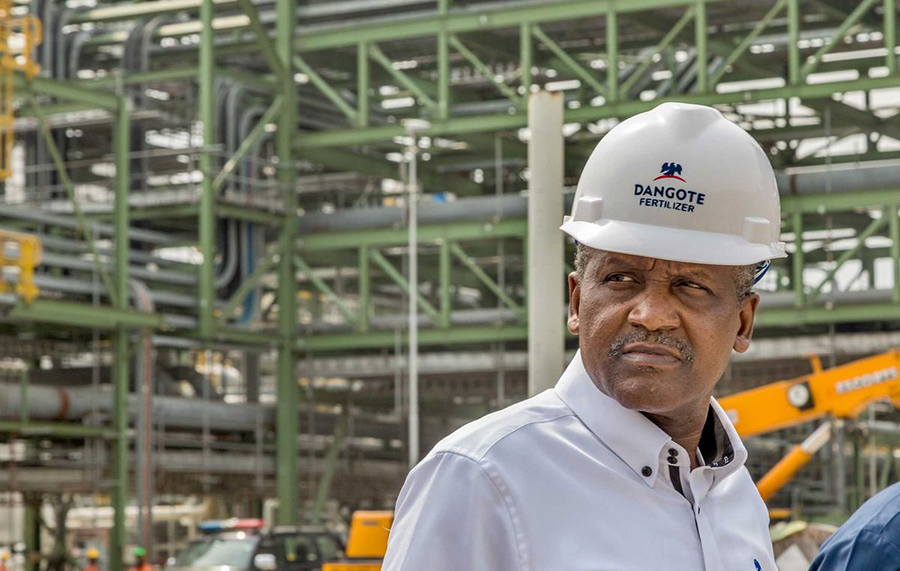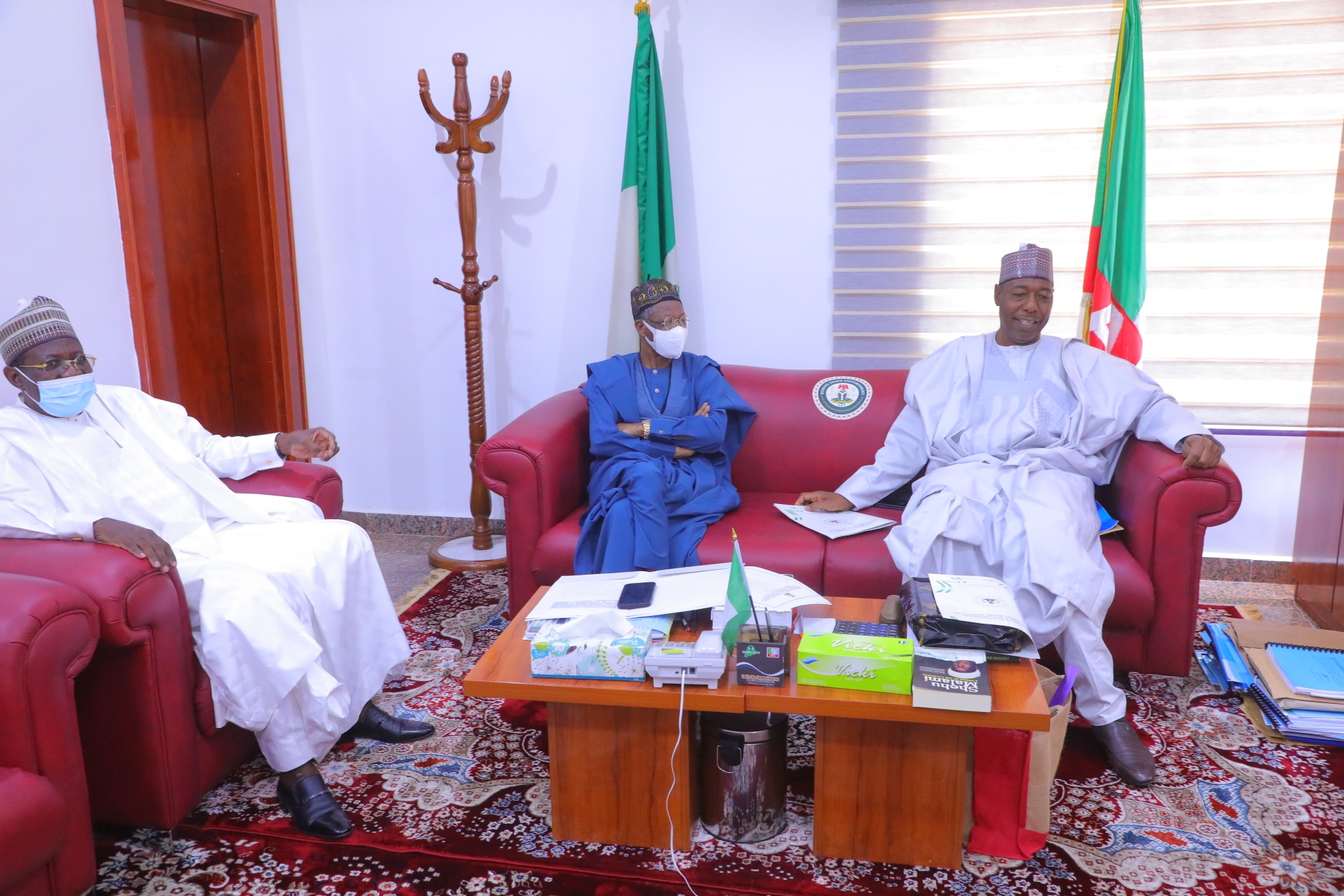By: Goodluck E. Adubazi, Abuja.
NLNG, on Tuesday,at the NOG Energy Week, said that natural gas holds the key to accelerating Africa’s and Nigeria’s development, but only if stakeholders across the value chain embrace a culture of performance and integration to drive real, measurable results.
Speaking at a strategic panel discussion session titled “Accelerating Gas Development for Domestic and Global Energy Needs” during the 24th annual edition of the NOG Energy Week 2025 in Abuja, NLNG’s Managing Director/Chief Executive Officer, Philip Mshelbila, underscored the pivotal role of gas in the evolving global energy mix and highlighted the urgent need to build a performance-driven, collaborative ecosystem that can unlock Nigeria’s vast gas potential.
“Nigeria has abundant gas reserves, but having gas is only the beginning. You must be able to find it, produce it economically, transport it to where it will be liquefied, and then ensure there’s a complete value chain to support delivery. That’s what it takes to make LNG work,” he said.
He emphasised that performance, not rhetoric, is what will shape the global perception of Nigeria’s gas sector.
“If we want to change the narrative, we must do it through performance. No amount of PowerPoint or talk can replace results. When people see performance, they invest. That’s how countries like the U.S. and Qatar have succeeded, not through marketing, but delivery.”
He referenced Nigeria’s own journey with NLNG, which took over 30 years to come to fruition.
“Despite the long delay, once we started, we moved quickly from one expansion to another and that was because we followed the fundamentals,” he pointed out.
Mshelbila acknowledged past challenges around investment, infrastructure, and delivery but noted that many of those bottlenecks are now being addressed.
He added that the passage of the Petroleum Industry Act (PIA), improved governance, and recent presidential directives have helped restore investor confidence and trigger fresh commitments, including the ongoing construction of NLNG’s Train 7 project, which will boost production to 30 million tonnes per annum (mtpa).
“Foreign Direct Investment began flowing in as soon as key issues around fiscal terms, local content, and contracting were tackled. That’s what happens when performance meets reform,” he stated.
Using Qatar as a case study, Mshelbila noted that both countries began LNG operations around the same time, but while Nigeria is now reaching 30 mtpa, Qatar is targeting over 140 mtpa. “That’s the scale of possibility we must be aiming for,” he added.
Mshelbila further praised the growing professionalism across key institutions in the energy sector, noting that integration across government, regulators, investors, and communities has already begun to lead to greater efficiency, reduced costs and reduction of long-standing barriers.
Mshelbila was in the panel with Olalekan Ogunleye, Executive Vice President, Gas, Power and New Energy at NNPCL; Engr. Chichi Emenike, Acting Managing Director of Naconde Energy Limited;but Ralph Gbobo, Shell Nigeria Gas Managing Director; and Engr. Emeka Ene, CEO, OIDA Energy Group as the moderator.
NLNG Advocates Domestication of Technology to Deepen Local Content in Energy Sector
NLNG has reinforced its call for the urgent need to domesticate technology as a key pillar for deepening local content in Nigeria’s oil and gas sector.
Speaking at the panel session titled “Technology as a Local Content Imperative: From Adoption to Domestication” at the NOG Energy Week 2025, Olakunle Osobu, Deputy Managing Director, NLNG emphasised that technology was the bedrock of modern energy systems and must be developed to empower every Nigerian.
“Our industry is one of the largest consumers of technology. To thrive in it, you need to be precise, predictive, and forward-looking. But beyond using technology, we are focused on simplifying it and promoting its adoption in a language and format our people can understand,” he said.
He added that true technology development must reflect national ownership. “No country has advanced by learning technology in someone else’s language. Germans speak German. The Chinese code in Chinese. We must begin to do the same by writing algorithms in our local languages, and building tools that reflect our voice and reality.”
Osobu also highlighted the importance of policy alignment, noting that unless technology is treated as a national development priority, Nigeria will continue to struggle with ownership and innovation.
“Domestication must start with inclusion. If people can read and write, they should be able to use technology. That’s where we begin. That’s how we expand access.”
Referencing NLNG’s journey, Osobu shared a clear example of the company’s commitment to local content through its flagship Train 7 project:
“At NLNG, we are at advanced stages in the construction of our Train 7 project, and I can tell you that over 90% of the contractors on that project, starting with the Project Director, are Nigerians. Why is that possible? It’s because we successfully built six trains over the lifetime of NLNG and Nigerians worked alongside international counterparts. So, by the time Train 7 came on board, it was clear we could practically deliver it ourselves. Thanks to NCDMB, we had the institutional support to make it happen.”
“Nigerians are present on oil rigs across the world. When they retire, they are sought after in Calgary, Singapore, and elsewhere. I believe it’s time for that expertise to shape our continent. We have Namibia, Senegal, Ghana, Mozambique, Angola and the likes all discovering oil and Nigerians should be the experts helping in those countries. They no longer need to look to the West. We must begin to lead.”
Osobu also pointed to innovations such as the African keyboard, which enables the use of African languages in digital systems, as a step toward true technological identity.
He concluded that NLNG will continue to work with policymakers and partners to ensure that domesticated knowledge becomes the foundation for Nigeria’s future in gas and beyond.
“As we continue to adopt and promote technology at NLNG, our goal is to ensure that this knowledge is rooted in our local context, simple, inclusive, and transformative,” he said.



